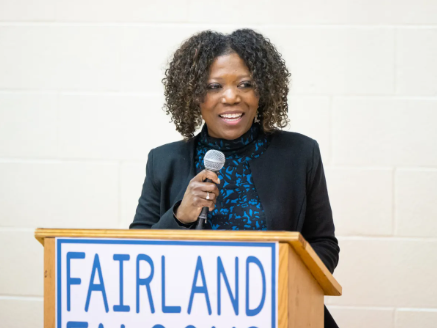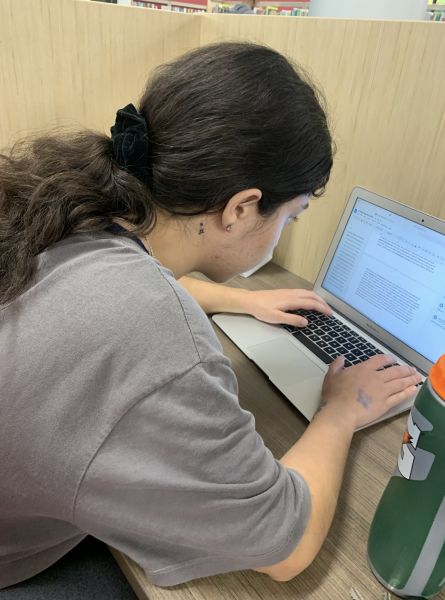Students Respond to Lack of Transgender Policy

Photo Courtesy of Creative Commons
MCPS does not have a specified bathroom policy for transgender students.
May 3, 2016
Though the state of Maryland has had a law in place since 2014 that protects the rights of transgender individuals, MCPS has yet to implement any specific policies regarding transgender students.
At CHS, there is a community of transgender students who have legally changed their name and gender, but there are no finalized policies regarding transgender students’ preferred bathroom use.
“Primarily, it’s up to the student and what stage they are in,” said Principal Joan Benz. “If they are vocal, the student has the right to choose the bathroom they would like to use. In some cases, if the student chooses neither, they can choose a private bathroom in the nurse’s office.”
Senior and president of the Straight and Gay Alliance Club (SAGA), Azariah Kurlantzick, believes a major reason MCPS has not finalized any policy regarding transgender students is because it can be hard to make one policy to apply to a community with a wide range of backgrounds.
According to Gboyinde Onijala from the MCPS Public Information Office, the county doesn’t have a separate policy because they believe transgender students are protected by the policies that deal with unbiased treatment for all students. As the county looks over the current regulations and policies, they try to make the necessary updates to reflect that.
“All principals have received guidelines regarding student gender identity matters that set forth the system wide expectation that discrimination, stigmatization and bullying (for any reason) will not be tolerated,” Onijala said. “We continue to work directly with our schools and families to ensure that students who identify as transgender or gender nonconforming feel comfortable expressing their gender identity.”
A main problem for transgender students across the nation is the bullying, whether intentional or not, that many transgender students face on a day-to-day basis.
“Most of the bullying I have seen here has been out of ignorance more than malice,” said Kurlantzick. “It doesn’t seem like bullying from the outside, but it’s hurtful when people keep asking you ignorant questions, even if it’s only because they genuinely want to know the answers. My trans friends and I are also often misgendered, and while it’s not often on purpose, it feels awful.”
Another issue that arises is the name the transgender student prefers to be called in specific school-related situations such as in the yearbook or when teachers or substitutes are taking attendance and do not realize the student prefers a different name.
According to yearbook adviser Naomi Ratz, the name the students go by in the yearbook is their birth name and cannot be changed due to legal reasons. Similarly, students who prefer to go by a nickname cannot have their adopted name changed in the yearbook and any school related system unless their name is legally changed as well.
Here at CHS, many students feel MCPS’s efforts to stand up and help the county’s transgender students have been minimal. The students are frustrated and are hoping that MCPS will do something to try and help to alleviate their daily struggles.
“I feel pretty disappointed that there seems to be no progress in creating and implementing policies regarding transgender youth in MCPS,” said a current transgender who asked to remain anonymous. “It shows that despite the rapid changes and increased policies protecting transgender students across the county, MCPS has not fully grasped how beneficial it would be to create transgender friendly policies.”











